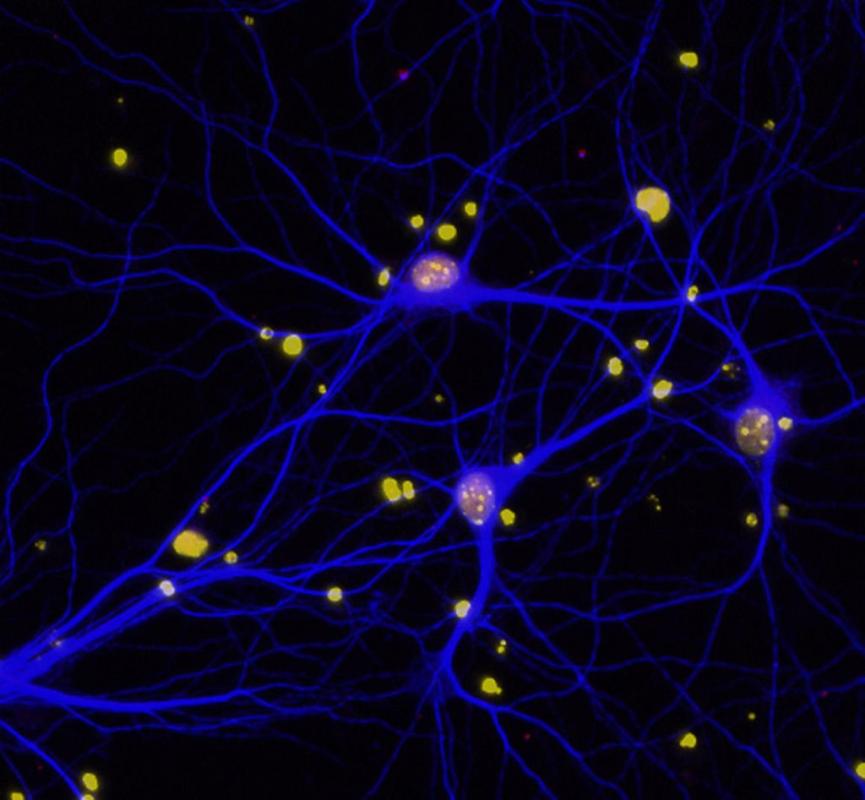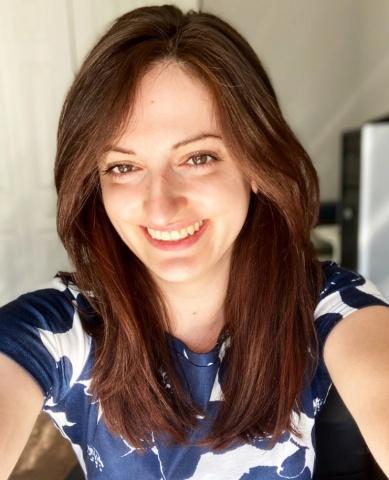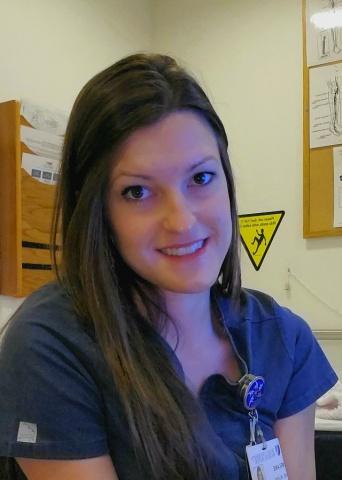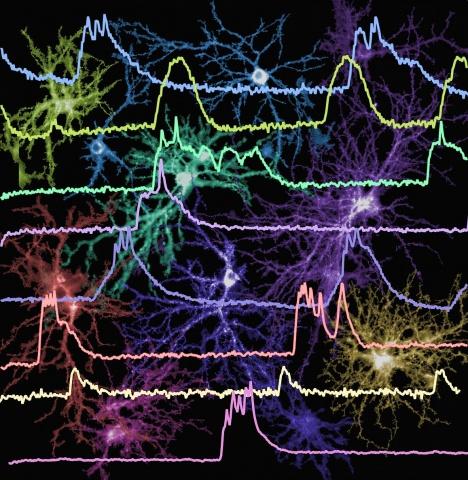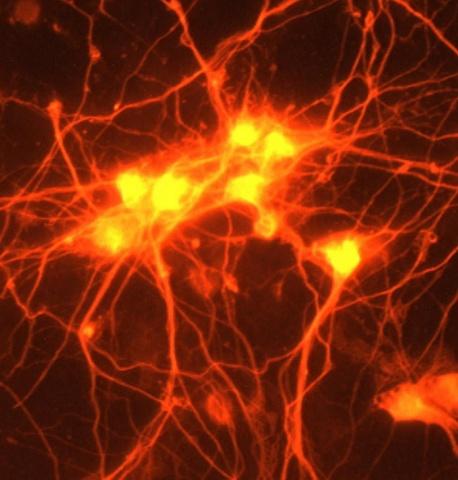Duke Neurology Research Round Up, April 2021
Members of the Duke Neurology Department contributed to 21 new studies in peer-reviewed journals this March, advancing our ability to understand, treat, and prevent diseases and conditions from across the field of neurology. Brian Mac Grory, MB BCh, MRCP, and other members of our stroke and vascular neurology helped answer questions about the best way to treat patients who have a stroke in their sleep.
APP Spotlight: Sarah Parker, MSN, AGPCNP-BC
Sarah Parker, MSN, AGPCNP-BC, got her first direct exposure to neurological injuries as a high school student, after her brother suffered a mild traumatic brain injury. His altered state, disrupted memory and long but productive road to recovery fascinated Parker, who eventually joined our neurology unit in Duke University Hospital. Several years and a master’s degree later, Parker is rejoining neurology in a dual role that combines research and clinical work in our ALS Clinic on Morreene Road.
Postdoc Spotlight: Yingkai "Kevin" Li, MD, PhD
Yingkai “Kevin” Li, MD, PhD, knew that he wanted to specialize in neurology shortly after his first exposure to the neurological exam during his internship year. Now, more than a decade later, he’s using his clinical and research expertise in neurology to help patients with myasthenia gravis and other autoimmune neuromuscular conditions.
Duke Neurology Research Round Up, February 2021
Members of the Duke Neurology Department contributed to 13 new peer-reviewed journal articles in January 2021. Daniel Laskowitz, MD, MHS, co-authored two studies examining the complications of traumatic brain injury. A team including Andrew Spector, MD, wrote a “road map” for how neurology departments can create effective diversity officers. Our faculty, trainees, and research staff also examined possible treatment candidates for ALS, identified new risk factors for stroke, and genetically engineered cartilage to produce its own anti-inflammatory drug.
Durham doctor's flashy suits bring smiles to ALS patients
Rick Bedlack, MD, PhD is known as a champion of ALS patients. He's also known for his flashy clothes. Now, the Duke ALS researcher has the ultimate sparkly suit with matching mask by celebrity designer Jerry Lee Atwood, who has dressed Post Malone and Lil Naz X.
"I just thought it would be really neat if I could combine all the things I've learned with my love of fashion and put that into a suit somehow," said Bedlack, Director of the Duke ALS Clinic.
Staff Spotlight: Melanie McBroom, MS, EMT-NC
This week’s “Spotlight” interview shines on Melanie McBroom, MS, EMT-NC, neurodiagnostic technician within the EMG lab in our 1L clinic. McBroom talks to us about her work helping patients with carpal tunnel syndrome, ALS, and other conditions. She also discusses how her master’s degree and experience as an EMT inform her work, the most difficult and enjoyable parts of her job, and looking forward to not having to wear a mask when the COVID-19 pandemic is over.
Fellow Spotlight: Daniel Guillen, MD
Neurology has fascinated Daniel Guillen, MD, since he took his first neuroscience class as a teenager. Now, as one of our neuromuscular medicine fellows, the pediatric neurologist is helping provide electromyography (EMG) exams, treating patients with amyotrophic lateral sclerosis (ALS), adults and children with muscular dystrophy, and learning from the complex, difficult decision-making of his peers and mentors.
A Bold Approach to Caring for ALS Patients
Rick Bedlack, MD, PhD, is easy to spot from a distance. Instead of a white coat, the Duke neurologist wears distinct outfits when seeing patients at the Morreene Road Neurology Clinic in Durham, NC. A black leather jacket with mirrored studs and matching tie, burgundy crushed velvet suit and bow tie, a Hawaiian shirt festooned with Chinese dragons, or a pink, yellow, and green sweater vest with a Donald Duck pattern across his midsection are some of the dozens of entries in his growing wardrobe.
Duke Neurology Research Round Up, January 2021
The final month of 2020 saw fifteen new publications written or co-written by members of the Duke Department of Neurology. Sneha Mantri, MD, MS, was a lead author of a new study examining factors contributing to burnout and moral injury among health-care workers at Duke. Our Neuromuscular Disease faculty wrote multiple studies advancing our understanding of myasthenia gravis, including how the COVID-19 pandemic is affecting people with this condition. Other articles answered questions about stroke, Parkinson’s, and other diseases.
Duke Neurology Research Round Up, December 2020
This November, research from members of the Duke Department of Neurology examined how different types of seizures feel to the person experiencing them, discovered genes associated with longevity and health cognition, analyzed how the COVID-19 outbreak impacted stroke care, and more. Our faculty, trainees, and staff contributed to 15 studies published in the past 30 days. Read about each of them, and find links to the original articles below.
Multiple Sclerosis and Neuroimmunology
